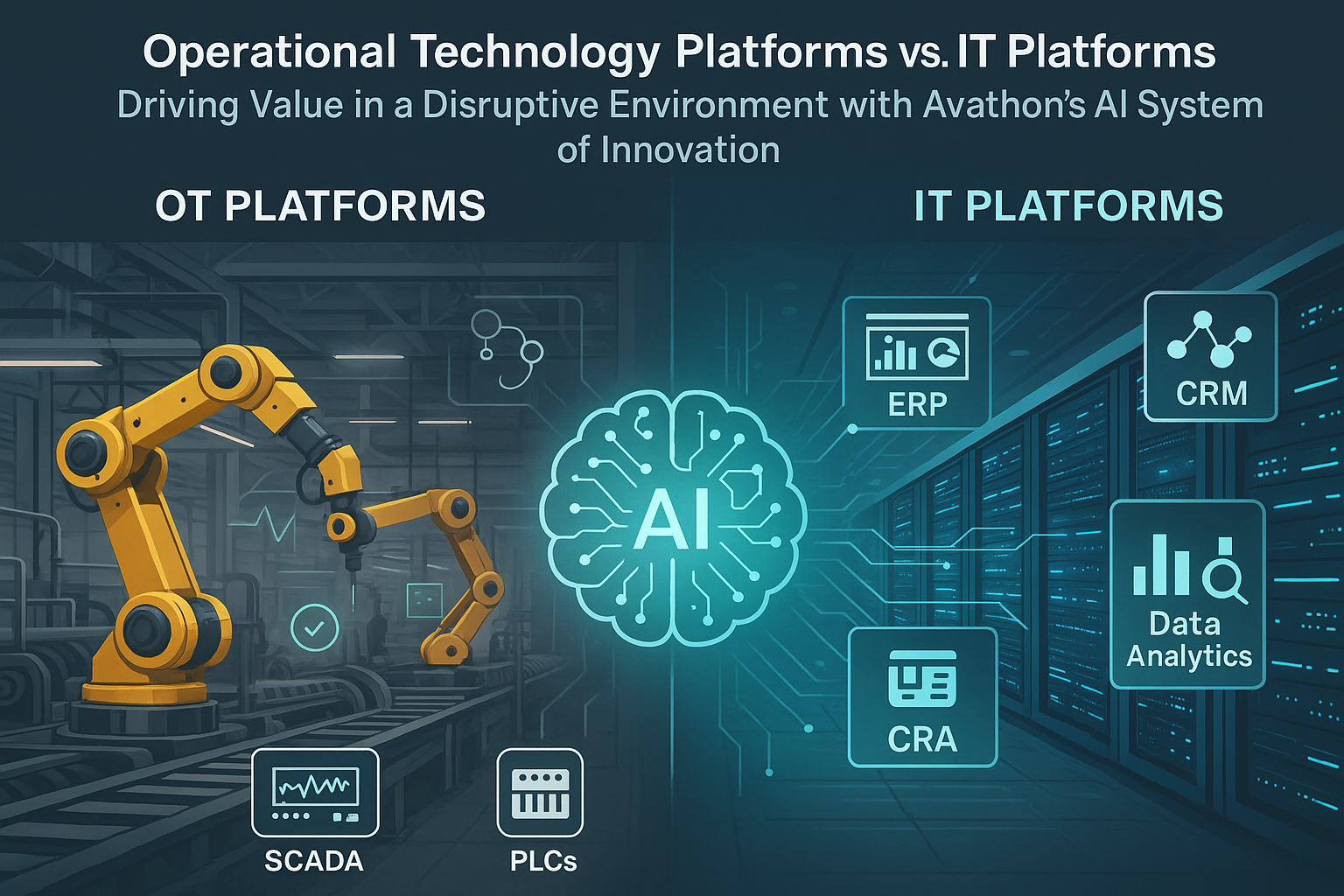With renewable energy asset deployment rapidly growing to meet ambitious carbon-reduction goals, the success of wind and energy generation depends increasingly on the ability to store energy to meet inconsistent demand swings. This is because intermittent generation sources like wind and solar need to deliver power with ever-increasing consistency as coal and natural gas plants lose market share. That goal is achieved using battery energy storage systems (BESS), which are fast becoming a crucial component of renewable project success.
As battery storage has grown in recent years—expected to total 30 GW by the end of 2024 in the U.S.—there is an equally growing need for solutions to monitor and maintain these complex assets. To deliver on their many benefits, BESS systems—like all technology assets—require continuous performance tracking and occasional maintenance. The challenges of operating and maintaining BESS include:
- Identifying degraded conditions and impending failures before they occur, e.g., voltage mismatches, thermal runaway, etc.
- Managing capacity and efficiency degradation
- Maintaining proper cooling systems
- Complying with warranty contract obligations
- Ensuring safety systems are available when needed
- Providing performance reports and other dashboard functions
The monitoring and analysis needed to effectively address these challenges depends on the ability to ingest and analyze large quantities of continuous, real-time performance data and use this data to deliver actionable recommendations. Thus, the challenge of effectively and economically maintaining complex BESS systems requires the capabilities of an artificial intelligence-enabled asset performance management (APM) system.
AI enables BESS to flourish as renewable deployment grows
Operators of renewable energy projects are increasingly embracing AI technology to help them improve their maintenance schedules, detect incipient failures of crucial components, and determine best practices to maximize production. Avathon Industrial AI platform has enabled significant savings and revenue growth for solar and wind asset operators and provides similar benefits for BESS projects.
Problems such as rack mismatch, thermal runaway risk, tripping offline, over- or under-charge, cell unbalancing, and voltage mismatches can be identified and remedied with Industrial AI to limit maintenance costs. And with AI helping to identify the most optimal charge/discharge cycles, BESS projects can bring in the most revenue possible to help renewable energy projects stay competitive as prices for power purchase agreements (PPA) can fluctuate wildly from year to year.
In many ways, advancements in AI technology for renewable energy can be seen as making BESS viable for widespread, utility-scale use because of the highly sensitive nature of the equipment in use. Clara Midgley, Avathon’s product manager for energy storage and optimization, says the size and complexity of BESS make it unrealistic to maintain without AI’s capabilities.
“With the scale of systems, easily over 100,000 cells at utility-scale projects, managing data and identifying anomalies is impossible manually. AI is needed to understand abnormal behavior that could be leading indicators of performance issues,” she says.
“The Industrial AI platform automates KPI calculations, powers monitoring dashboards, and streamlines visualization-type analysis tools to help users make efficient use of the data coming off storage sites,” Midgley says.
UBS taps Avathon AI for ERCOT battery storage project
Avathon recently deployed its Industrial AI platform to optimize four projects that collectively represent 730 MW of capacity in a battery energy storage-focused investment strategy at UBS Asset Management.
In 2022, UBS Asset Management acquired four Electric Reliability Council of Texas (ERCOT) energy storage projects. These projects, set to become operational in 2024 and early 2025, provide flexibility, responsiveness, and dispatchability to the grid.
“Integrating Avathon’s Industrial AI platform will allow us to focus on operations and asset management tasks that directly benefit the profitability of our commercial battery storage investment projects. The use of generative AI for compliance management alone is a value-add, on top of the many other features,” said Mark Saunders, co-head of Energy Storage Infrastructure, UBS Asset Management.
AI enhances visibility across the entire lifecycle of renewable assets—both generation and storage—increasing performance while preventing unexpected component failures. Instead of using myriad programs to handle the increasing volume of data generated by renewable assets, Avathon empowers companies with a single AI-powered solution that’s purpose built to manage an integrated fleet of energy storage products.
“We are extremely pleased that UBS Asset Management’s energy storage infrastructure team selected the Avathon Industrial AI platform,” said Pervinder Johar, Avathon’s CEO. “Battery energy storage systems are key to making the transition to a more renewable energy future.”
Avathon Industrial AI platform helps to improve efficiency, reduce operating costs, and increase profitability for BESS operators, enabling them to stay as competitive as possible in a fast-changing marketplace.
To learn more about Avathon’s AI-enabled BESS performance optimization solutions, check out our website.




